|
A positive note to start 2019! Our beautiful banner created especially for the PROCESSIONS project commemorating 100 years of some women receiving the vote, in conjunction with Jerwood Gallery and local Hastings women, has been exhibited around the UK and is now being photographed as part of a digital archive.
You can watch a short film about the banners on display here: https://spillfestival.com/show/processions-exhibition/ Audience reactions: “Felt powerful, inspired and a little teary after having a proper look around [the banners]. Such important and beautiful work!” “Really Impressive” “Really enjoyed seeing some more of the @processions2018 Women’s March banners at @NewWolsey tonight! Starting to tick them all off.....”
1 Comment
In blazing heat and glory, we proudly and emotionally escorted our banner through the Processions mass artwork in London yesterday, 10th June. Alongside thousands of kindred spirits and like minded women holding aloft a multitude of beautiful banners, placards and pennants, we snaked our way through the capital's streets from Park Lane to Westminster. As we passed London's landmarks including the Houses of Parliament and the new statue of Millicent Fawcett in Parliament Square, I was humbled and reminded of the strength, humour and unity that women everywhere display in the face of adversity. From stitching to speech making, women have the tenacity and focus to 'complete what the suffragettes started' by demanding their place in an equal society. This is a wave of determination that has not weakened through the decades that have succeeded the women's suffrage movement and that will continue to gather steam throughout the ones to follow. Women will have equality in the generations to come; I do not doubt it. Working on this project has turned out to be way more than a simple textile project for me; learning in depth about the suffragettes and suffragists has thrown up questions about struggle and oppression and deeply reconnected me with my own upbringing in the Troubles of Northern Ireland. Born a Northern Irish protestant in a council estate with red, white and blue painted kerbs and murals on the sides of our homes, I witnessed family members march their own marches on the famous 12th July parades as members of the Orange Order. Banners can be used for beauty and brutality in equal measure; both can exist in the motivations of those who carry them as oppression is a complex matter consisting of belonging, tribalism and fear. It's an interesting and sobering stance to gaze at oneself as both oppressor and oppressed. I am reminded of the women in Afghanistan, the time I spent there and the film I made - women who have a deep relationship with oppression that I will never be so familiar with. I think of their courage in the face of great danger and court my own despair at the heights of global oppression that we must together scale and somehow defeat. All I know is that my resolve has multiplied that the work I do must be meaningful, helpful and connective. That I must take up my place in the fight for good and try with everything I have to treat every person my path meets as an equal. Academic Cheris Kramarae said 'Feminism is the radical notion that women are human beings'; we are all human beings and deserve as such to live in peace and without fear.
It was with some trepidation that I entered Jerwood Gallery for our final banner making session on Saturday 2nd June; we had just 2.5 short hours to finish the banner and there was much sewing still to do! Of course, I shouldn't have doubted my fabulous team as, despite beating sunshine and the (lovely) din of the Jazz Festival right outside the window, they turned up in force to 'get the job done'. We're women - of course we're not going to leave the job unfinished! Despite great difficulty in getting everyone round the table - a couple of folks had to balance precariously on their knees on top of the table to access the letters they were working on - every letter got stitched into place using glorious luminous green thread. The words 'Hastings Women Rock The Boat' adorn the bottom of the banner in hot pink, punk studs, safety pins and chains. It sums up the ethos of the town, and its women folk, perfectly - bright and just a little bit rebellious. The banner looks resplendent and complete with Rose's knitted seagull in pride of place at the top left corner. I was excited to share with the team everything I had learned from my visit to the 'Votes For Women' exhibition at the National Portrait Gallery, and we browsed through some reproduced paraphernalia of the time, including posters, letters and even a ticket from the ill fated horse race which saw the demise of Emily Davison. There was much discussion about the fact that many of us feel that 'not much has changed'; many members of the group had felt it difficult to take part in the banner making project as they were 'needed at home'. Everyone felt that inequality between the sexes continues to be rife and that women still long for a much needed place to talk and share the practical and psychological burdens they bear. It struck me that not much stands between us and the women in our town of 100 years ago, who had gathered in each others' drawing rooms to deliberate their lack of rights.
I could not help but reflect on this rather apt cartoon that I had seen circulating Facebook some months ago - entitled 'You Should've Asked': www.workingmother.com/this-comic-perfectly-explains-mental-load-working-mothers-bear The session was brought to a moving end as we were treated by a reading by local historian Ann Kramer from her book 'Turbulent Spinsters' - a fascinating and detailed account of the activity of Suffragettes and Suffragists living in Hastings and St Leonards. Then, as now, the town packed a mighty punch and hosted talks by famous Suffragettes including Emmeline Pankhurst, saw Muriel Matters arriving in a specially designed Suffragist horse drawn wagon, and set fire to Levetleigh, the residence of Arthur du Cros - local MP and staunch anti suffragist. I wonder what they would make of how the town is now? Oh to be able to have the chance to chat across the decades! Yesterday I spent a thought provoking day immersed in the world of the awe inspiring Suffragettes and Suffragists who fought so determinedly for the freedoms that we enjoy today. They are the very reason that the project Processions is taking place, and the importance of their place in history will be marked as thousands of us march with our banners 10th June. I knew a modicum about their actions and beliefs, but I didn't understand any of them except in an abstract sort of way; the names of prominent members of the cause such as Millicent Fawcett and Emmeline Pankhurst were familiar, but a visceral connection to the lives and experiences of these women remained elusive. I boarded the train to Charing Cross on a mission to view the 'Votes For Women' exhibition at the National Portrait Gallery. I wanted to see the faces of these women and look them in the eye across the decades, viewing intimate details of their lives such as their style of dress and the quality of their gaze. Whist journeying, I dove into 'Turbulent Spinsters'; a book by local historian Ann Kramer that chronicles the activities of Suffragettes and Suffragists in Hastings & St Leonards. As I read I learned about formidable and determined local characters such as Isabella Darent Harrison who refused to pay her taxes, upholding the famous slogan 'no taxation without representation'. Withholding taxes was an unpleasant experience with bailiffs seizing personal items for sale at auction, Undeterred, Darent Harrison barricaded herself into her house for more than a month before the bailiffs finally managed to obtain entry. Not content with this, she organised a protest march on the auction house, causing a ruckus and enabling her niece to purchase her items back. As soon as I stepped into the exhibition I was immediately taken with the strength that emanated from the photographs of the women; their irrepressible characters shone through the black and white photography and I could see that they were full of wit, wisdom and a steely determination. I was particularly moved by a montage of women who had been photographed by Scotland Yard undercover - such was deemed their threat. One in particular, Kitty Marion, had clearly been feisty and endured being force fed in prison 242 times under the barbaric 'Cat and Mouse' law that prevented Suffragette prisoners from dying by hunger strike. The authorities were terrified that this would make them martyrs and strengthen their cause. Details of hunger striking, arson attacks, banners and processions immediately reminded me of growing up in the Troubles of Northern Ireland and I could not help but draw comparisons. It made me reflect on the similarities between oppressed groups and how desperate people take desperate action. I was particularly jolted when I read in 'Turbulent Spinsters' that a cry of the Suffragettes had been 'No surrender!', as this is a popular slogan used by unionist groups in Ireland. Far sadder than Kitty Marion's 242 force feedings is the story of Mary Ward, pictured above. Despite being well educated and having charitable views, Mary Ward was a prominent anti-suffragist, becoming the leader of the Women's Anti-Suffrage Association, which had a staggering 15,000 paying members. As a product of life in the Troubles, I know all too well how indoctrinated a person can become and completely lose sight of the truth. Good people can become blinded by their own limited beliefs and forget that anything is possible. I read with fascination that many men supported women's suffrage and made great efforts to assist the various women's suffrage groups that existed. Above is pictured Millicent Fawcett with her husband Henry - unfortunately blinded in an accident, but undeterred in helping his wife. This reminded me that the 'oppressor' can help the oppressed and not give in to defensiveness and shame. Let's hope that more people can be like Henry Fawcett and bravely shoulder those who are downtrodden or vulnerable. How much better for it life on this planet would be.
The third and penultimate gathering of our group saw us make huge headway with our banner; our paper draft sprung into life as colourful fabric waves and letters were carefully cut from cloth. I think the pictures say everything.
There is a lovely, gentle and quiet connection building among us as we work and create something that we all feel is part of us. Everyone agrees that the process of making something in a group setting is a truly bonding experience - for our group completely free of competition or striving. I can only imagine the sense of empowerment women must have felt more than a century ago as they created these banners in union for a much larger cause - the right to vote represented larger concerns for women such as the right to be recognised as people, and not the property of their husbands to be sold or to have their children wrenched from them. One of our group soberly told us that the last wife sale was held in Hailsham, near us in East Sussex. Quite rightly, we take many of our freedoms today for granted, but it is so beneficial to reflect on the fact that not so long ago women were not regarded as equal to men in any way, and that we are still dealing with the hangover from this today. Would you like to join us on the PROCESSIONS march? You don't have to make a banner to take part, you can sign up and get more information at this website: www.processions.co.uk/ 10th June, London Starting point: Park Lane, W1K 7AJ Finishing point: Abingdon Street, SW1P 3JY Distance of route: 2.6 miles / 4.2 km Assembly at the start point from: 12.15- 13:15 Start time: approximately 14.00 Working with incredible women of today and thinking about awe inspiring women of the past has made me reflect more and more on the powerful women I have had the good fortune to meet on my travels around the globe. I came across this post from a previous diary I kept during a trip to Afghanistan - a place where women are still fighting bravely to be seen and heard. The idea that anyone would hold a Graffiti Festival in Kabul, let alone a young female practicing artist, is incredulous. It speaks of the courage, defiance and optimism of women everywhere. It made me smile to think of our own banner which I feel contains the perfect balance of positivity and punk!
It’s really important to point out that it’s not all doom and gloom in Kabul and that loads of people are doing everything they can to try and put the city back together, despite the constant interference of foreign troops and unhelpful governments. There are lots of bright young artists and musicians and we were lucky enough to be able to attend the opening of this Graffiti Festival held by a young woman called Shamsia who is the ‘Blue Burqa’ Graffiti Artist. One of the chaps made a beautiful speech in English about the fact that they are trying to paint the city back to beautiful. And he added that when you drop a drop of paint into water it changes the water, and the paint from the festival would help to change the city. Saturday 5th May saw the second get together in Hastings of our group of amazing, talented, creative women. The weather was balmy and the sky was blue - clearly the stimulants needed for great ideas to flow - by the end of the session we had our design planned, drafted and pinned to the wall on huge sheets of paper.
During our first meeting, everyone had gathered and brainstormed words that they hoped the banner would represent; these included positivity, defiance, punk, community, inspiration, hope, persistence and disobedience - a fairly tall order for one sole banner to convey. Undeterred, our girls cogitated and negotiated until they had come up with something that communicated strength and hope in equal measure, as well as considering practical concerns such as legibility, design and the practicalities associated with the making process. I told you they were awesome! I reflected on how organised, respectful and patient they were during the exercise; no-one talked over anyone else, and everyone's ideas were considered and respected. There was a quiet, graceful force in the room. Considering that many of them had uttered the week before 'I don't know why I've been picked for this project', I could see their confidence blossoming and a general air of a self assured 'we can do this'. There was an agreement that perfectionism would be left behind at the door, and that there would be an embrace, even encouragement, of imperfect hand stitches in the work. Considering the tag line at the bottom of the banner will read 'Hastings women rock the boat', this seems entirely fitting. It feels hugely meaningful to me personally that today a statue of Millicent Fawcett was unveiled in Parliament Square - joining 11 male statues as the only female representation of strength, inspiration and dedication. Fawcett was a tireless campaigner for women's right to vote in the early 20th century.
As I do with all amazing women, I immediately researched her to see if she had been a mother. I became a feminist during the birth of my first child; writhing in pain in terror I connected in a visceral way with the hurt and anguish of women everywhere. The labour that brought about the delivery of my son brought with it other unexpected gifts; a deeper connection with the suffering of all life, and a certain loss of innocence that can be spun into wisdom if processed correctly. When I read stories about women who achieve great feats I wonder if they went through this rite of passage and, on a more practical level, muse about how they found the time to grasp hold of worldly events with toddlers tugging at their skirts. I noted that yes, Fawcett had been a mother on top of making the world a better place - not satisfied with raising her own daughter - she had also helped to raise four orphaned cousins. So whilst wielding banners and writing works of inspiration, she had also been knee deep in the every day, as so many women are. This juggling of greatness with the entirely mundane has a strange kind of wabisabi beauty - transient, imperfect and utterly wonderful. On Saturday I sat down with 11 amazing women to start our Processions journey of banner making and, more importantly, sharing what it means to be a woman in 2018. Lots of critical topics were raised including motherhood, equality, and the importance of building a future for the women and girls in the generation succeeding us. The group were gentle, wise, enthusiastic and hugely funny. Ideas for the banner abounded and ranged from pirates and punk to seagulls and sanitary towels!
The group is comprised of an awe inspiring collection of women - advocates for young people's mental health, vulnerable women who are fleeing homelessness or domestic abuse, and the support of people living with learning disabilities. I was particularly touched by Pea's journey. She is a successful printmaker who specialises in using words via a huge vintage letterpress. Recently she has begun working with Hastings Furniture Service; a local charity that helps people living in poverty by providing affordable furniture, as well as offering employment and volunteer opportunities to marginalised groups including ex offenders. Upon entering the session, she picked up a small patch that had been decorated with the Suffragette phrase 'deeds not words'. 'This says it all for me,' she stated. 'I was using words to say everything I wanted to in my artwork but I realised I needed to take action. That's why I've started working with people who need the help. It's not enough to just talk about the things we want to change - we have to get up and do something about it.' Hastings Independent Press helping us to spread the word and find some of those awesome women to work with us on the project!
|
AuthorA diary of my journey through the PROCESSIONS project, and musings from my personal life as a feminist. Archives
January 2019
Categories |
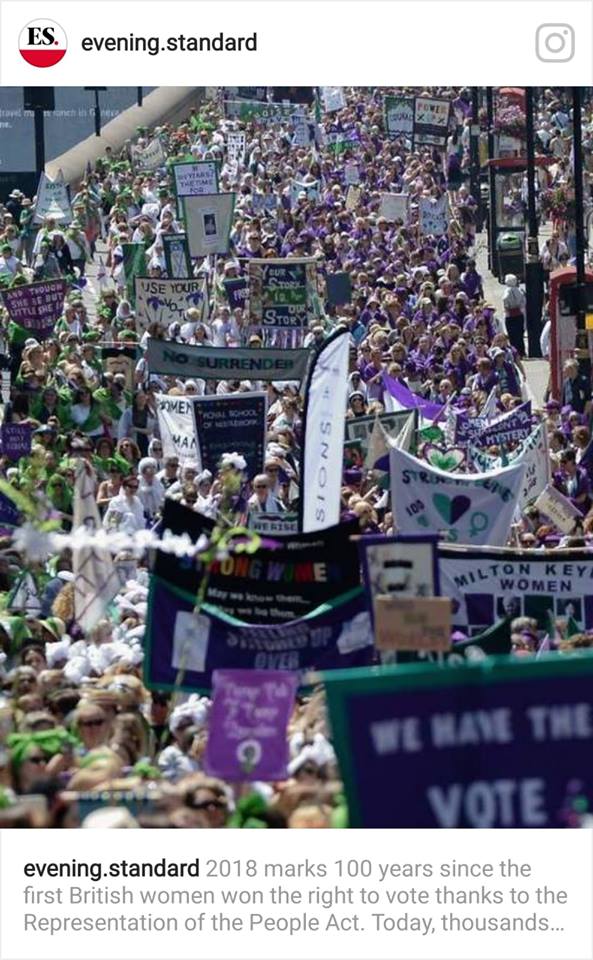
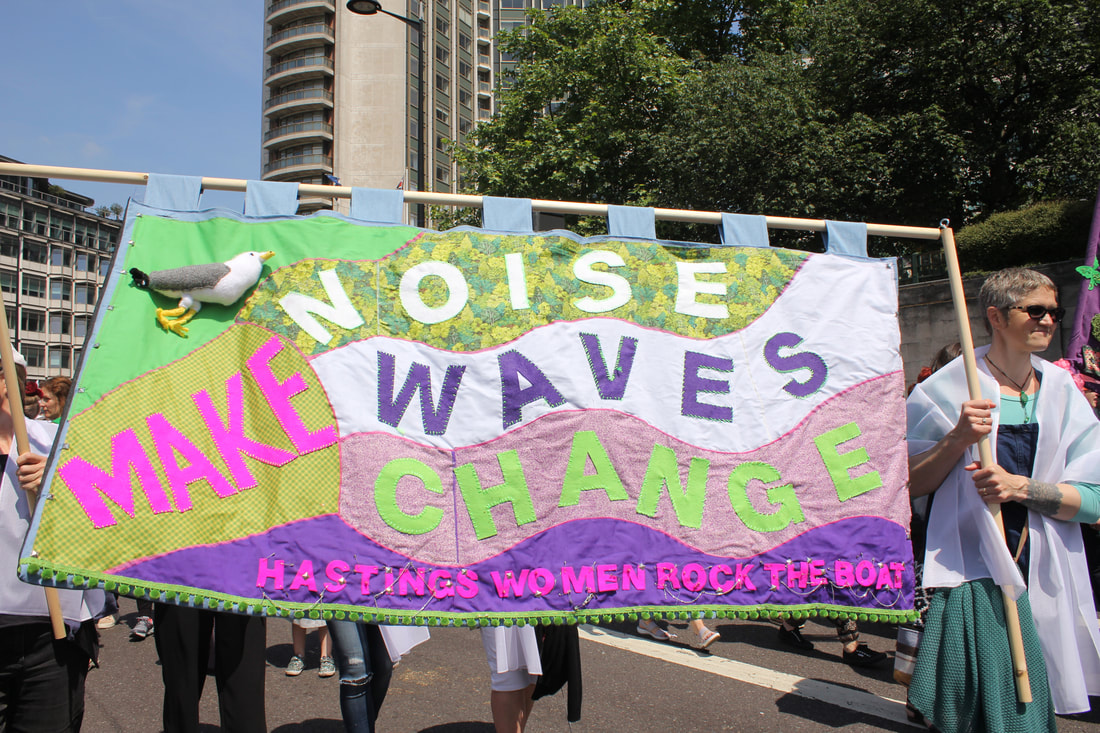
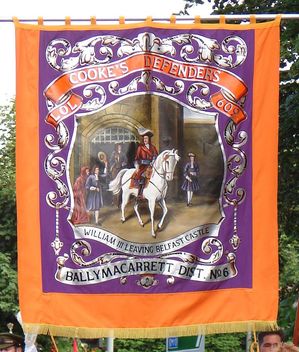
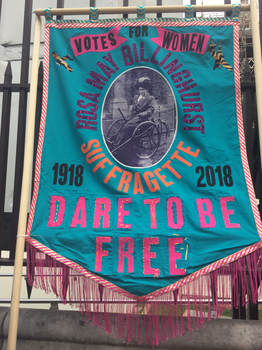
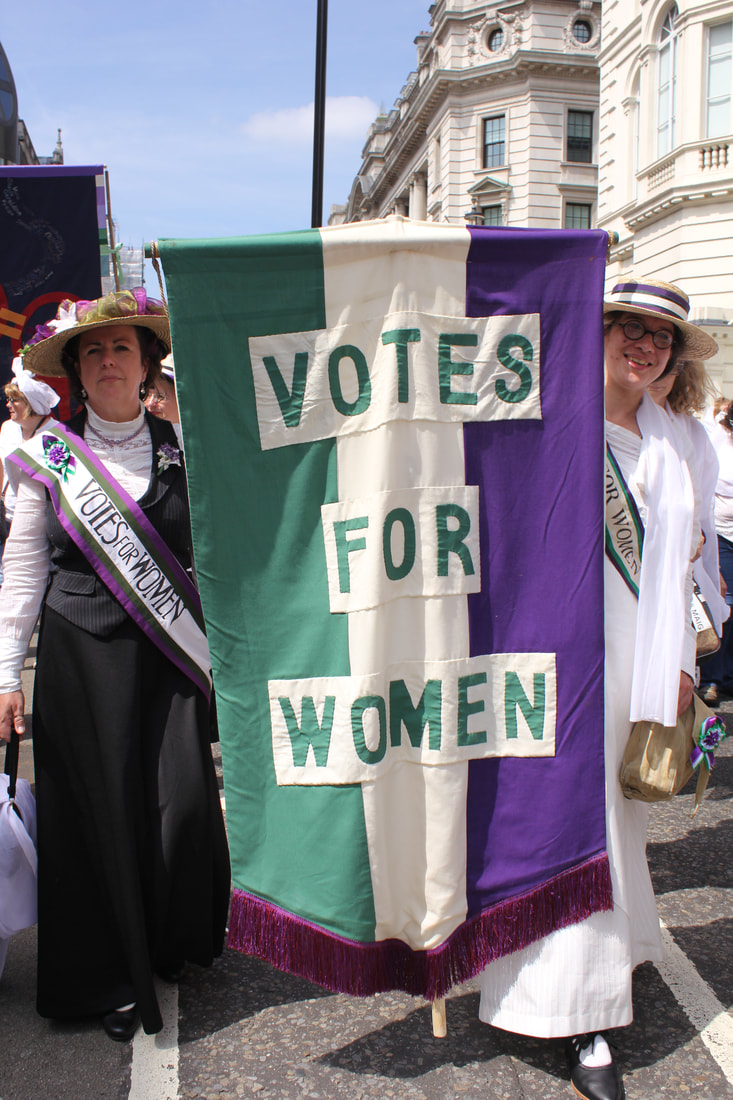
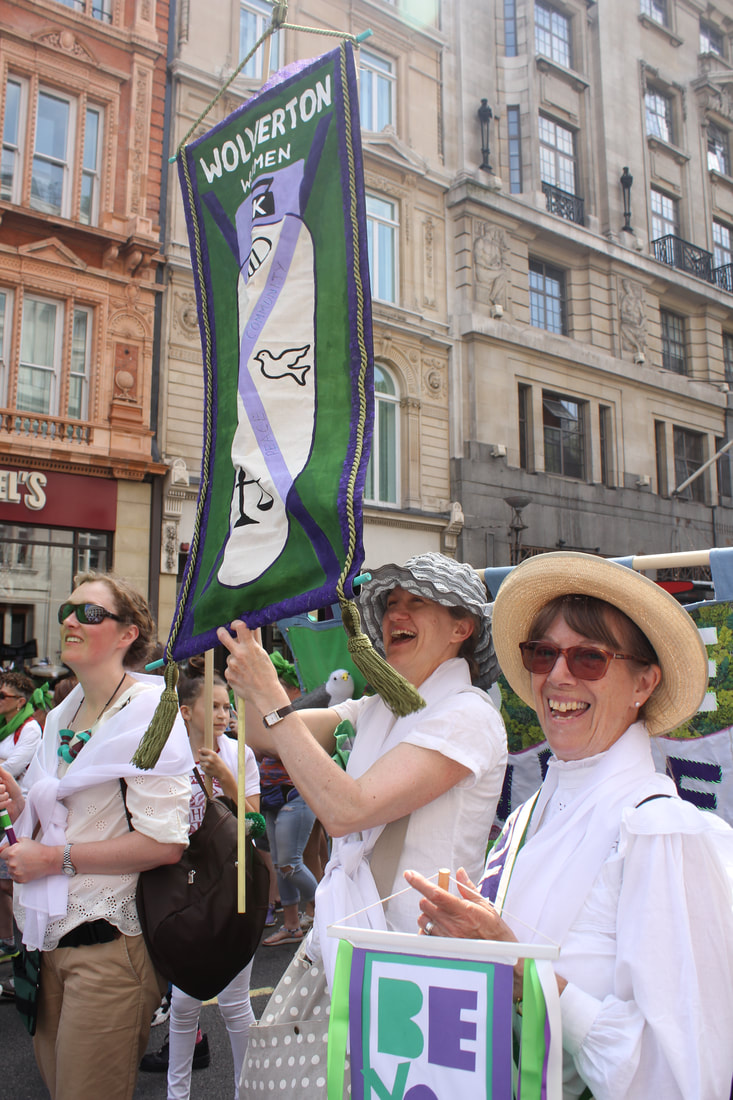
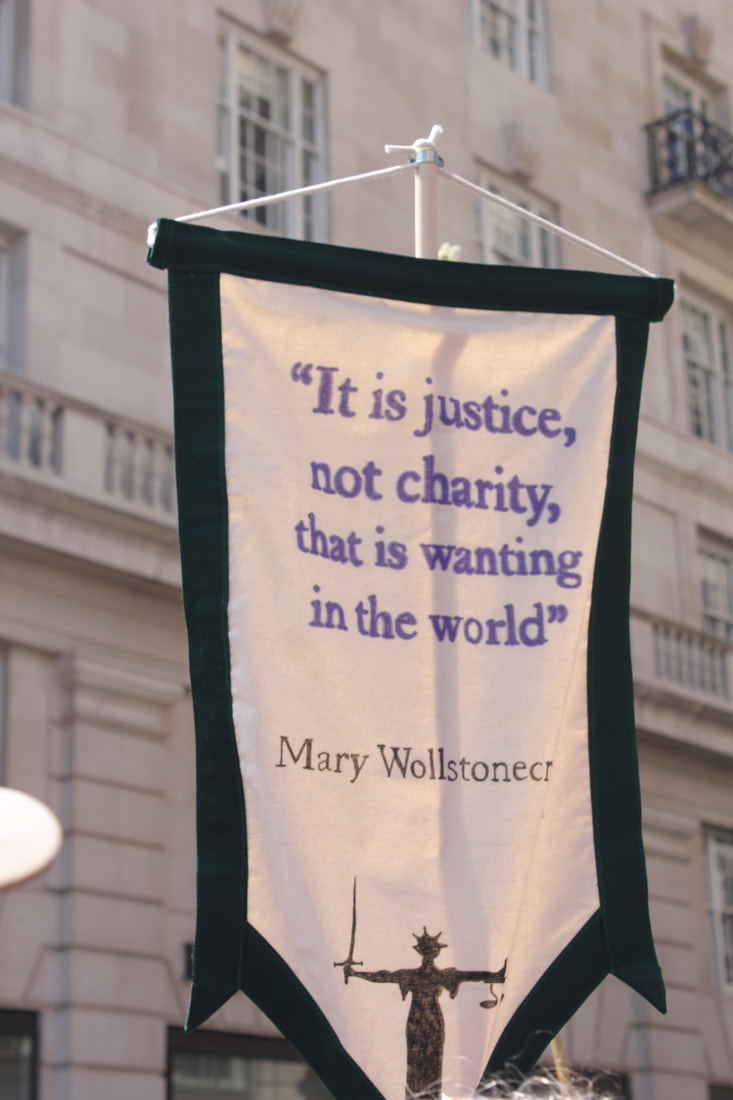
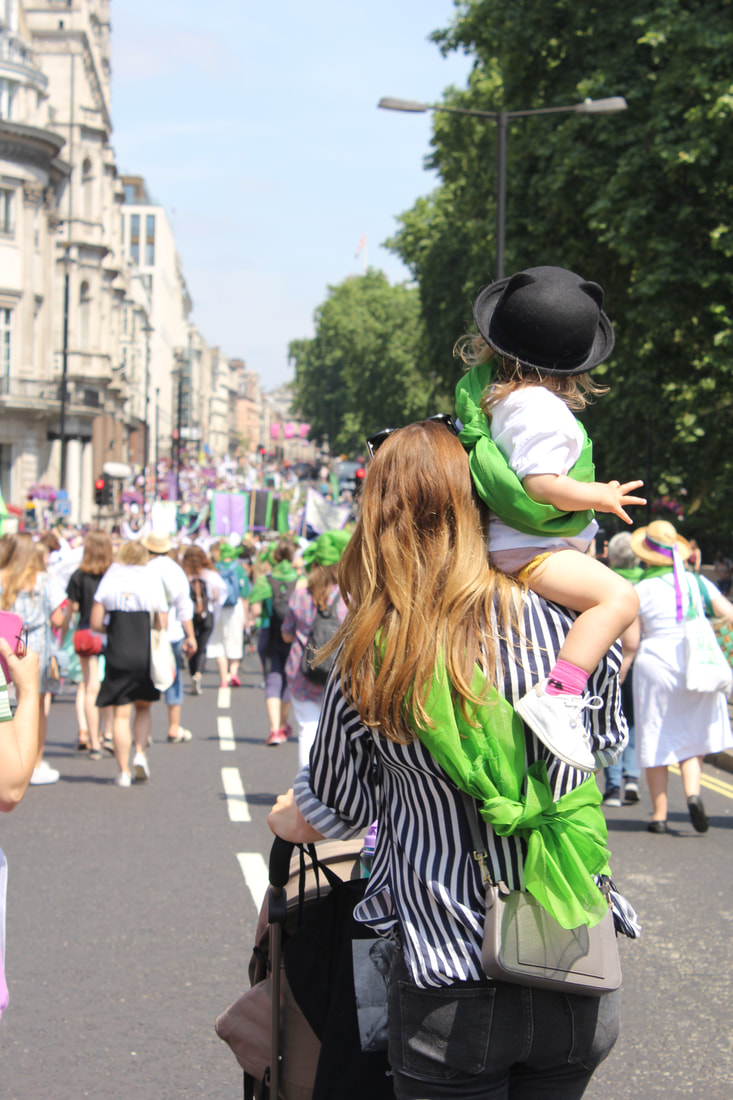
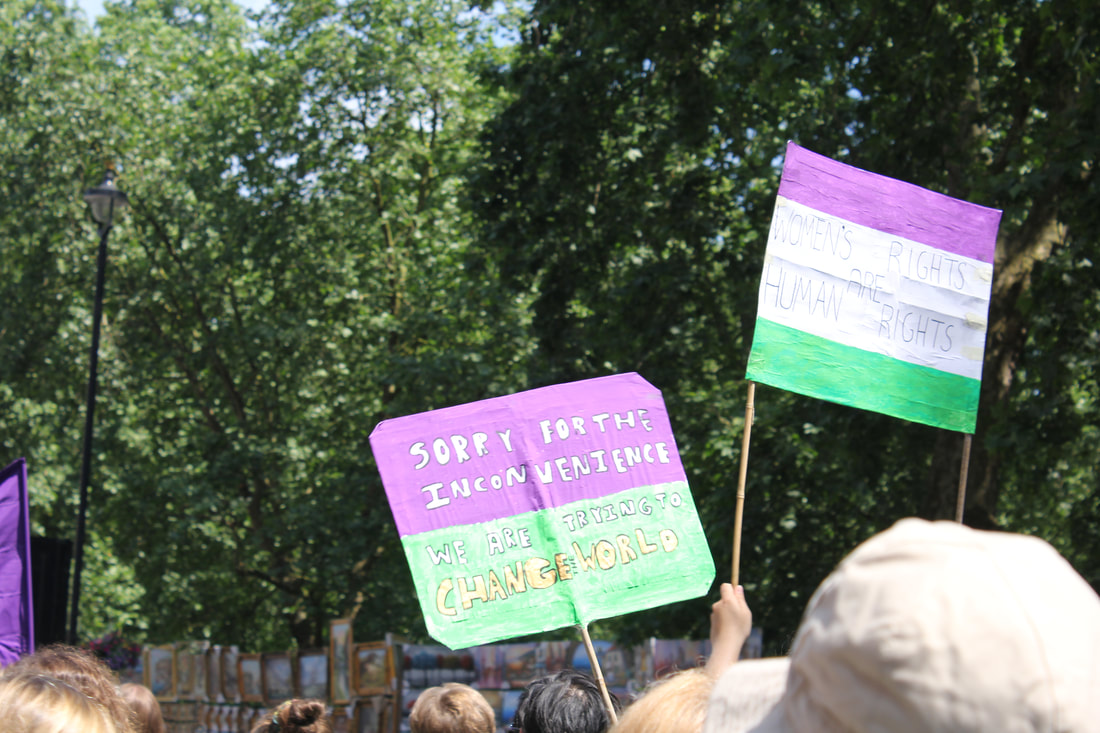
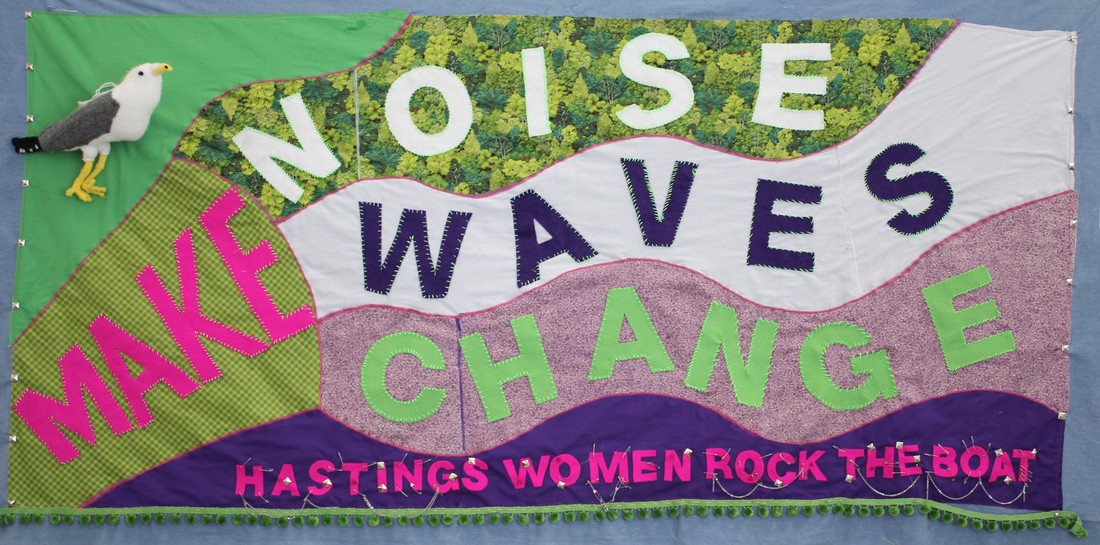
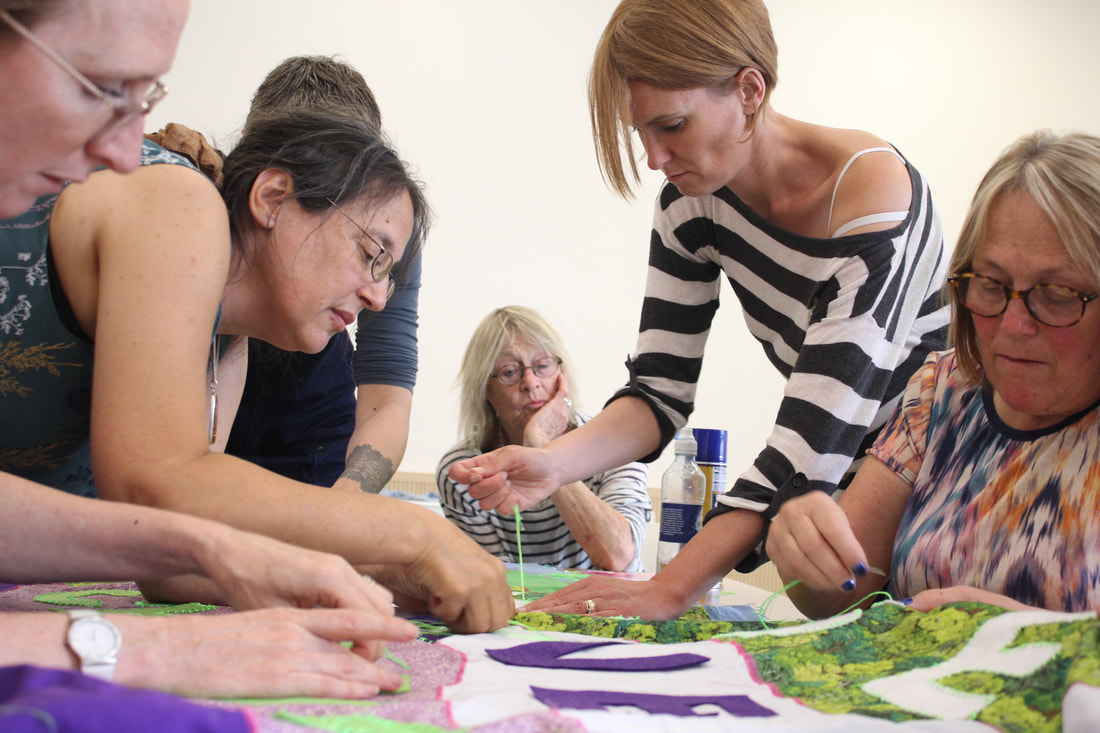
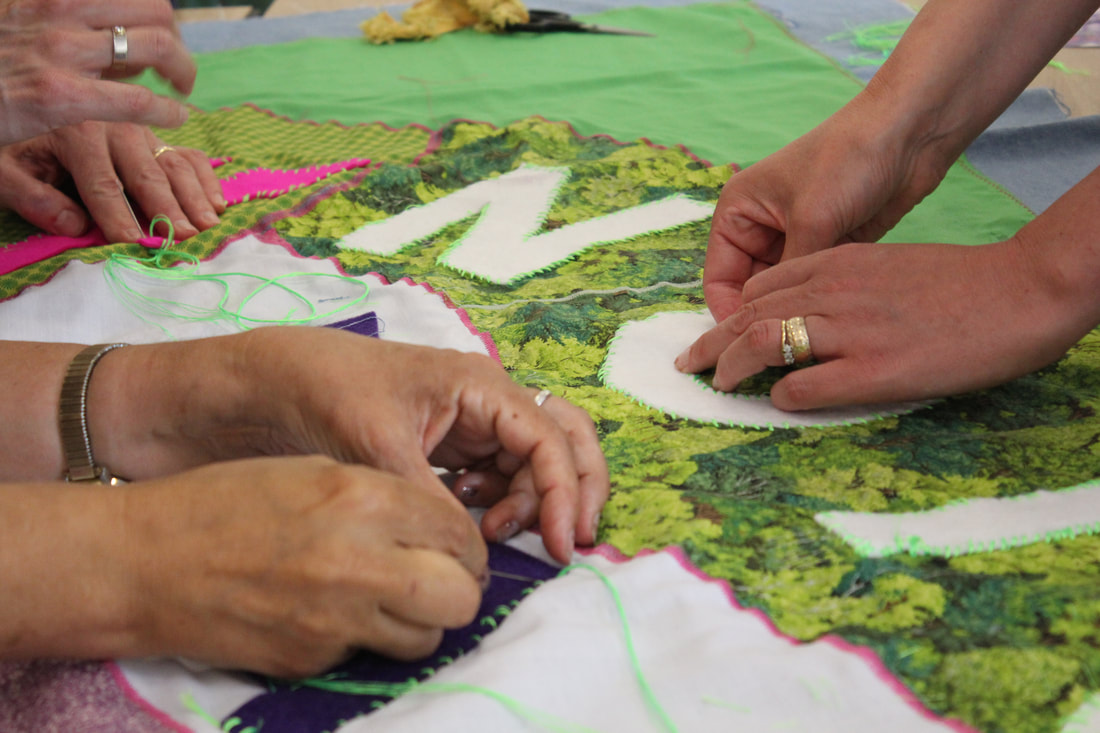
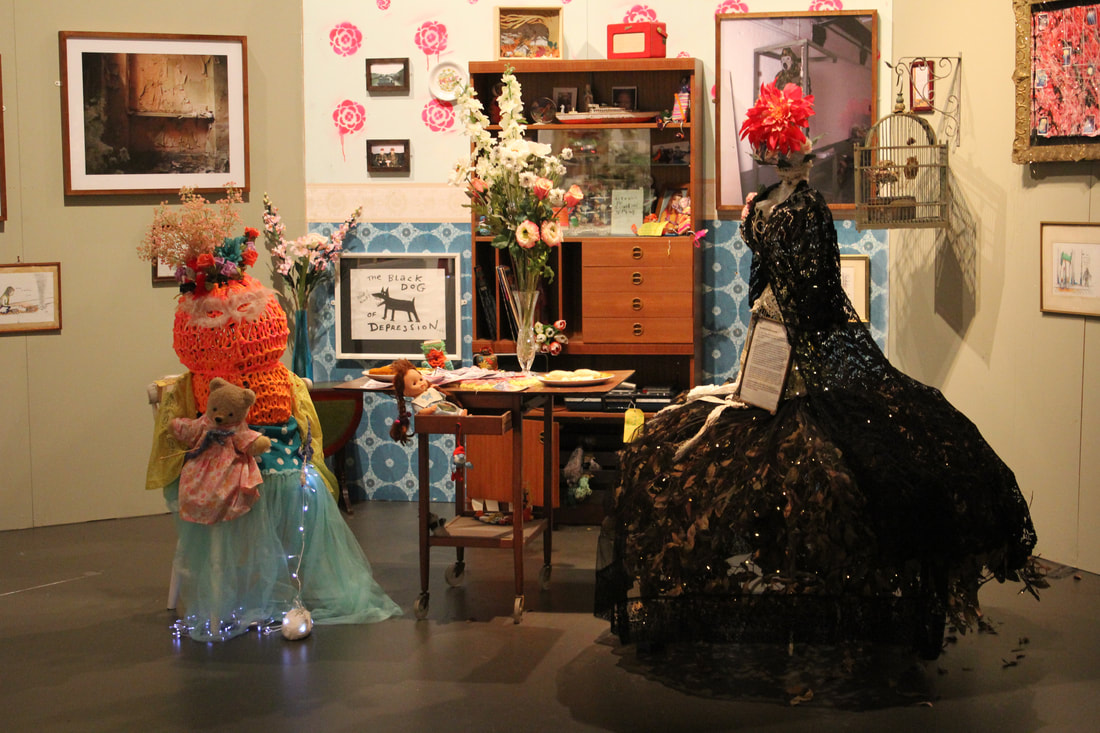
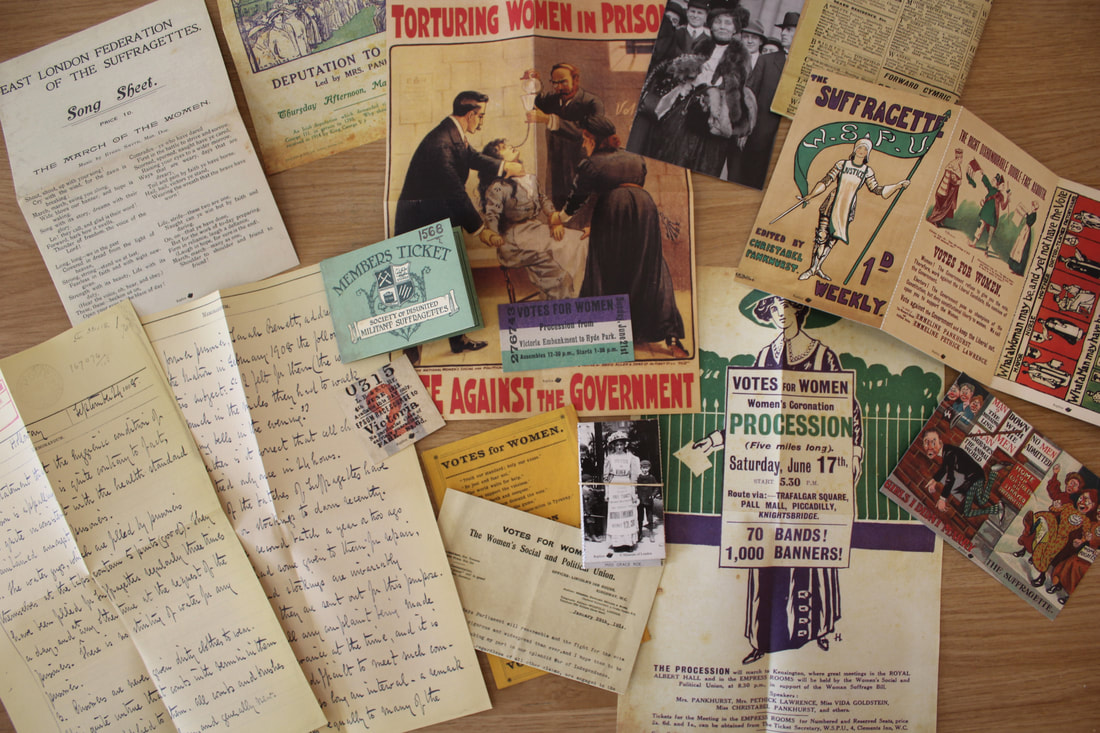
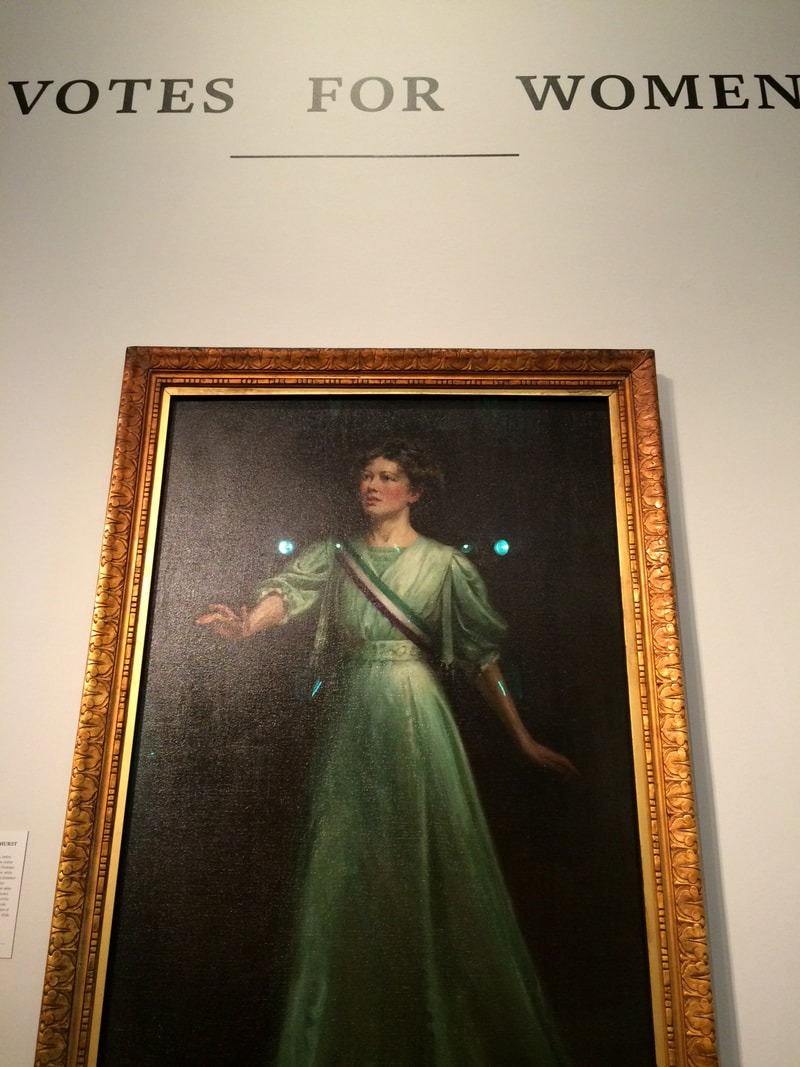
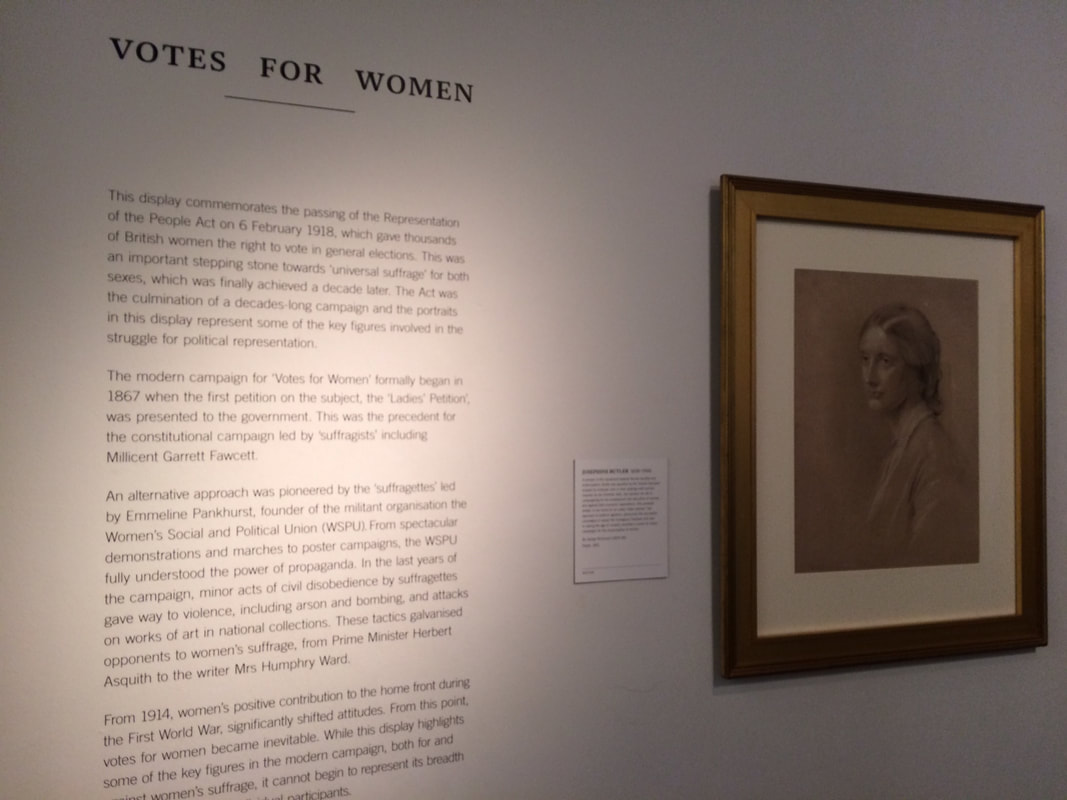
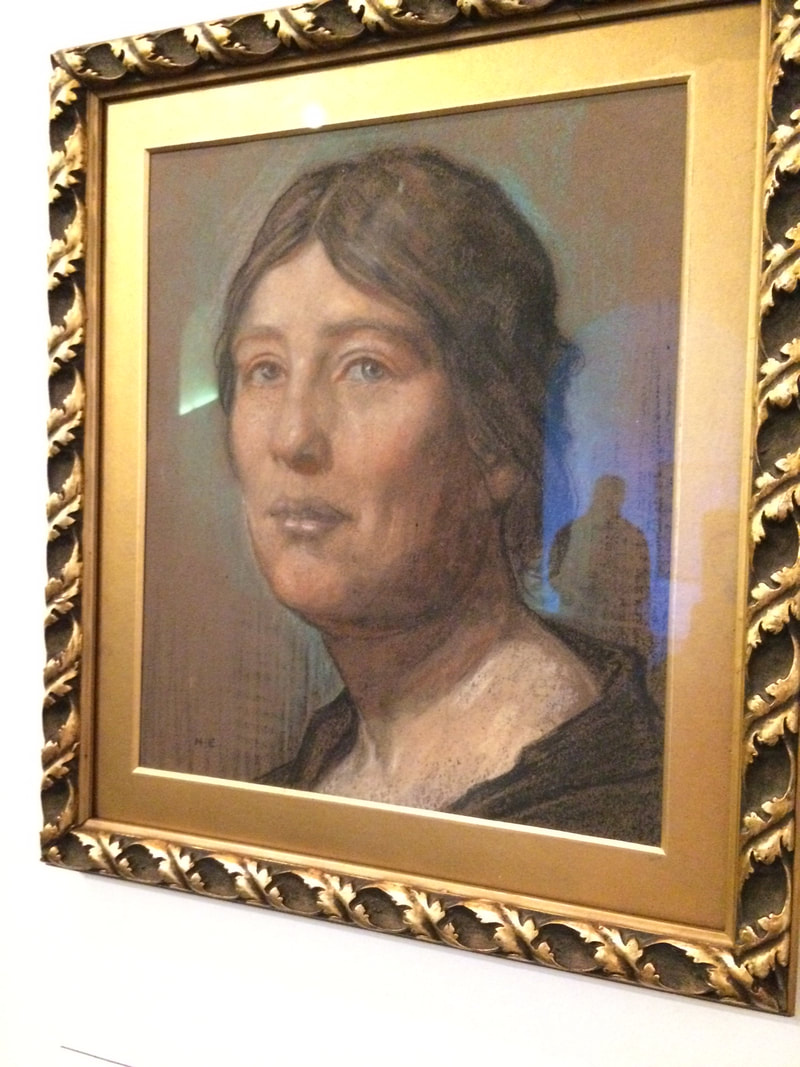
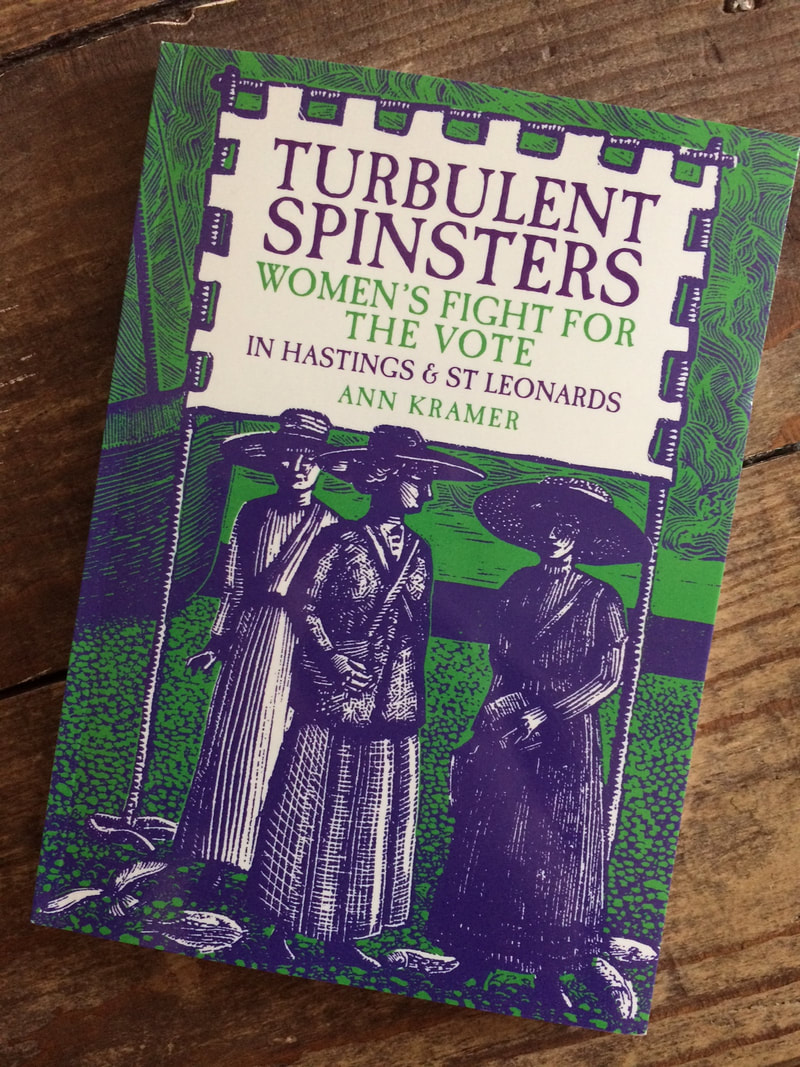
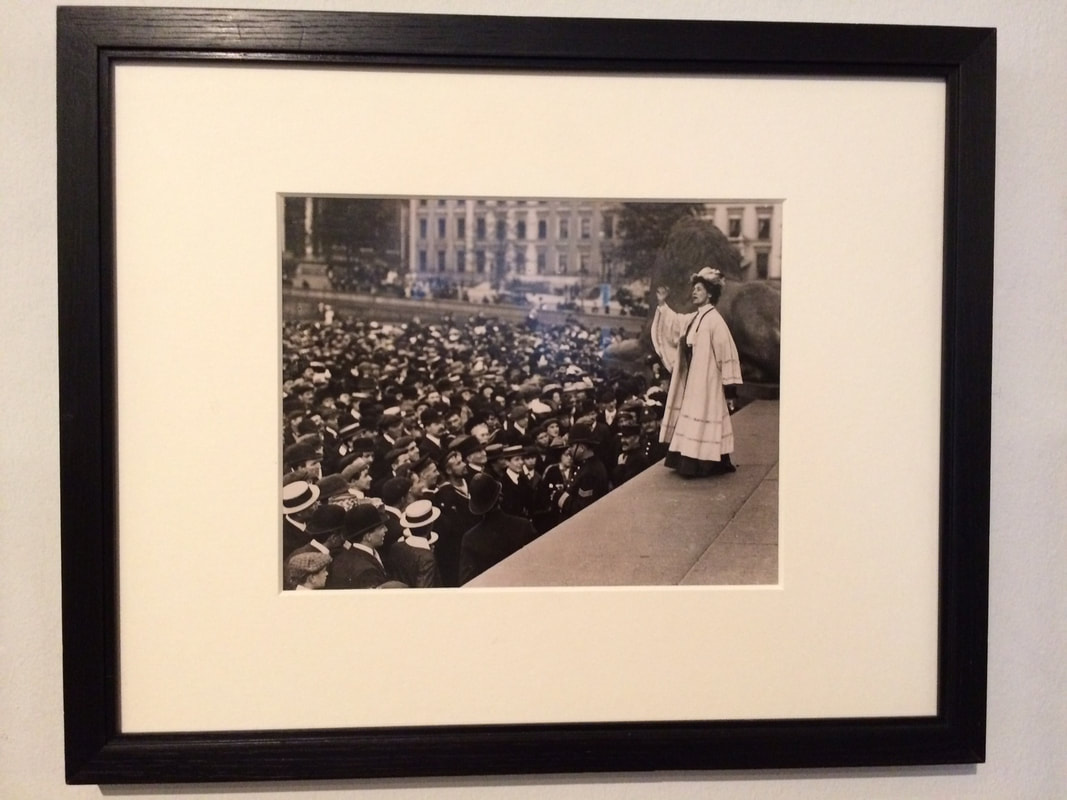
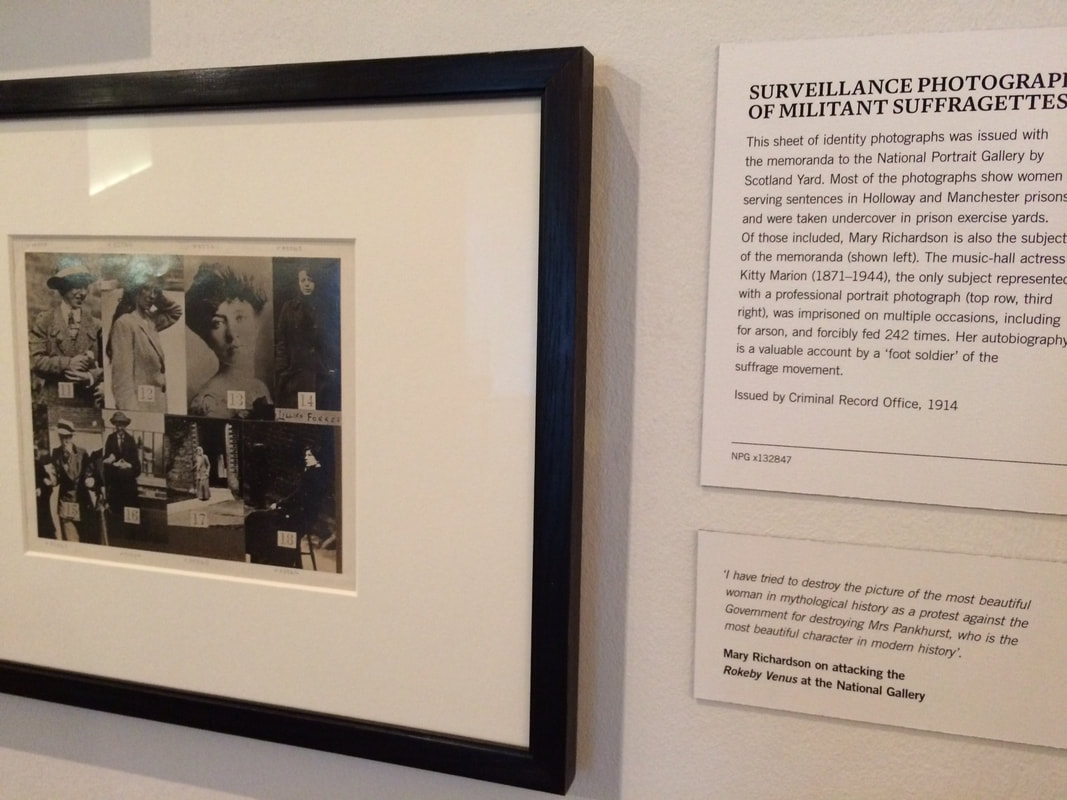
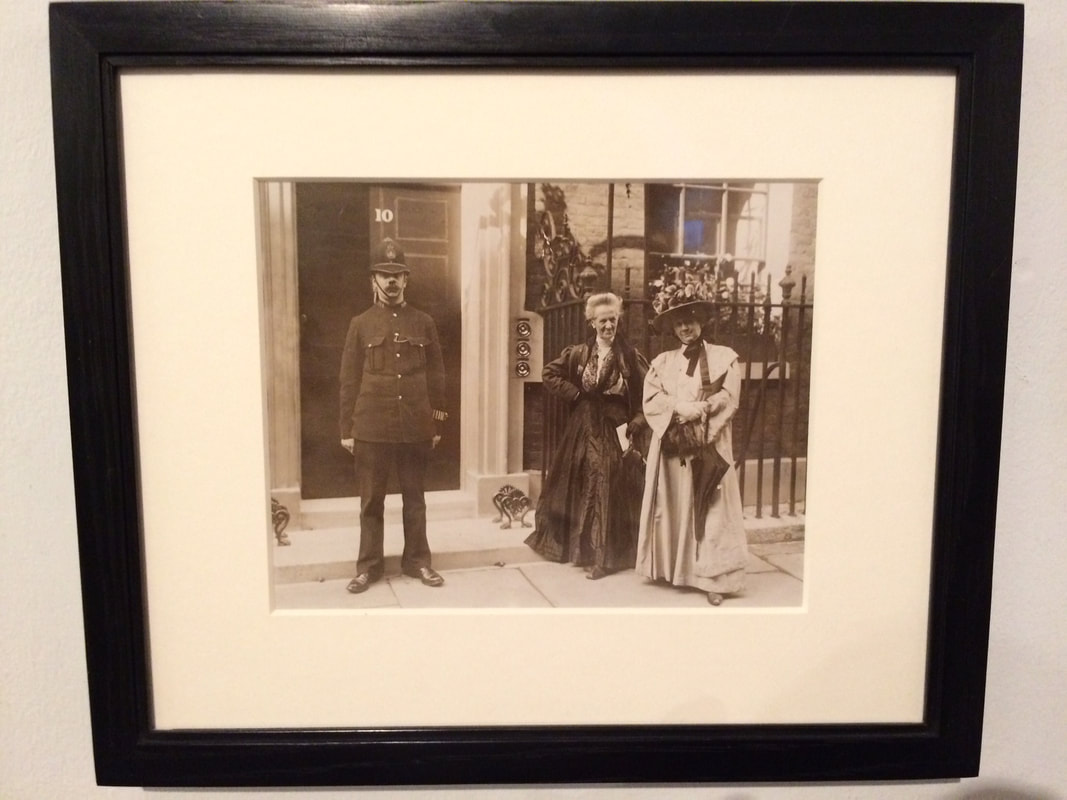
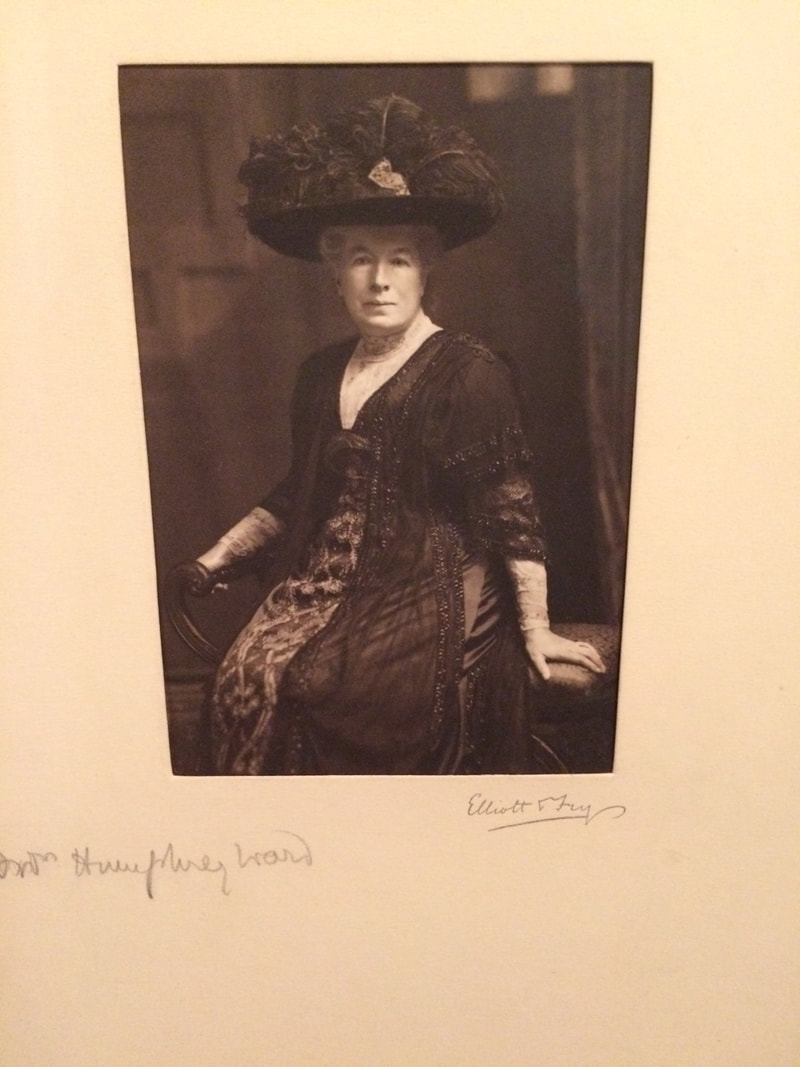
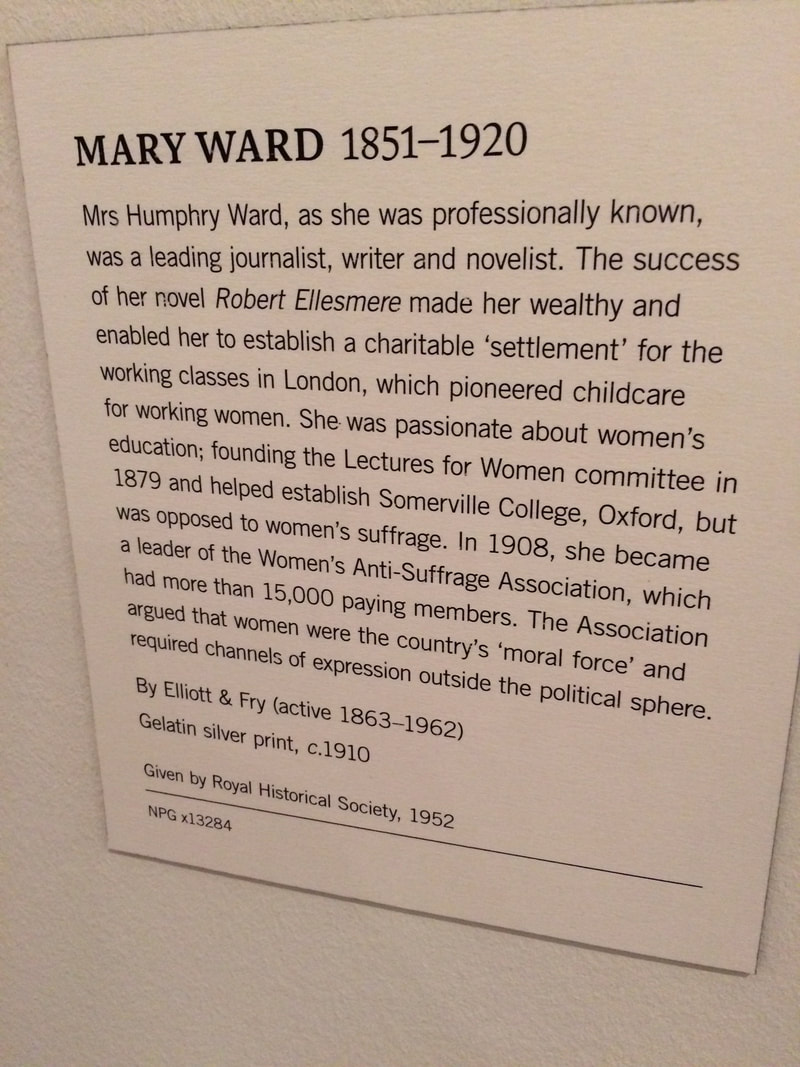
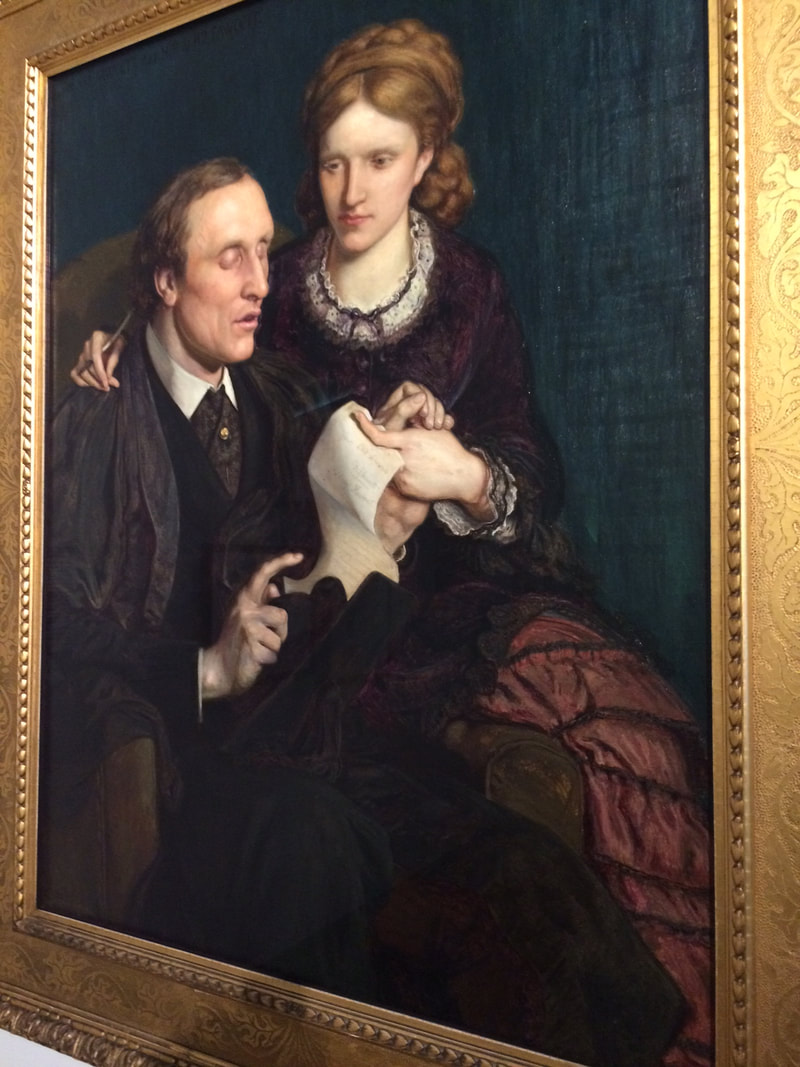
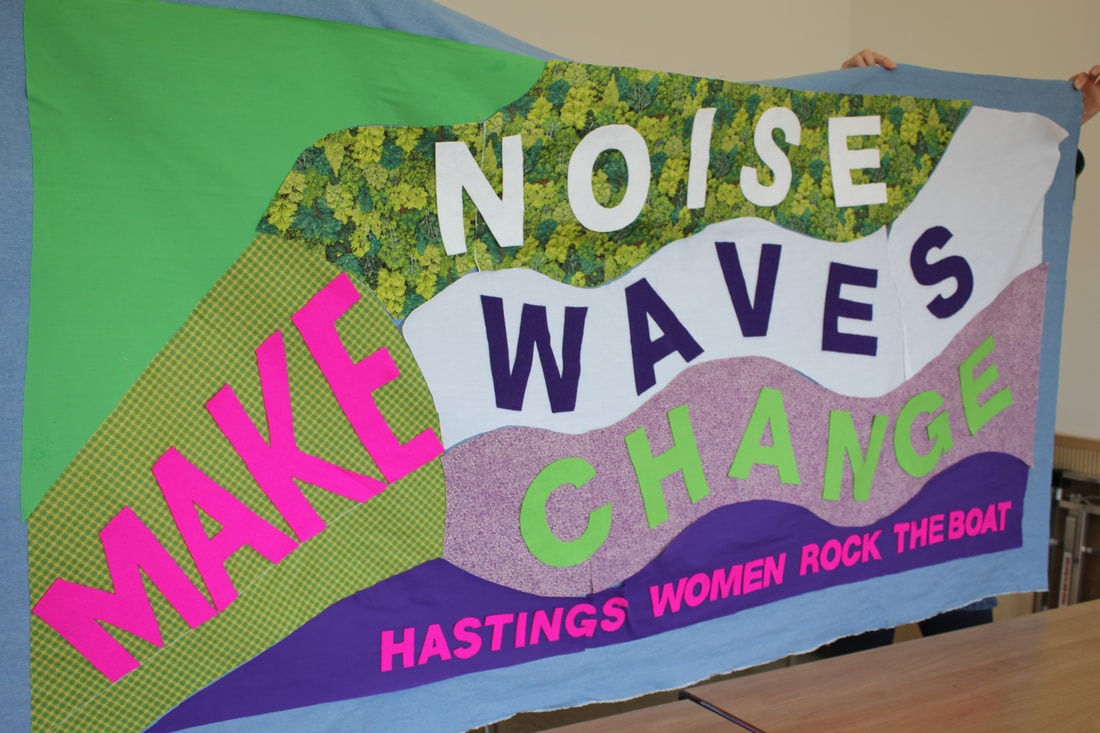
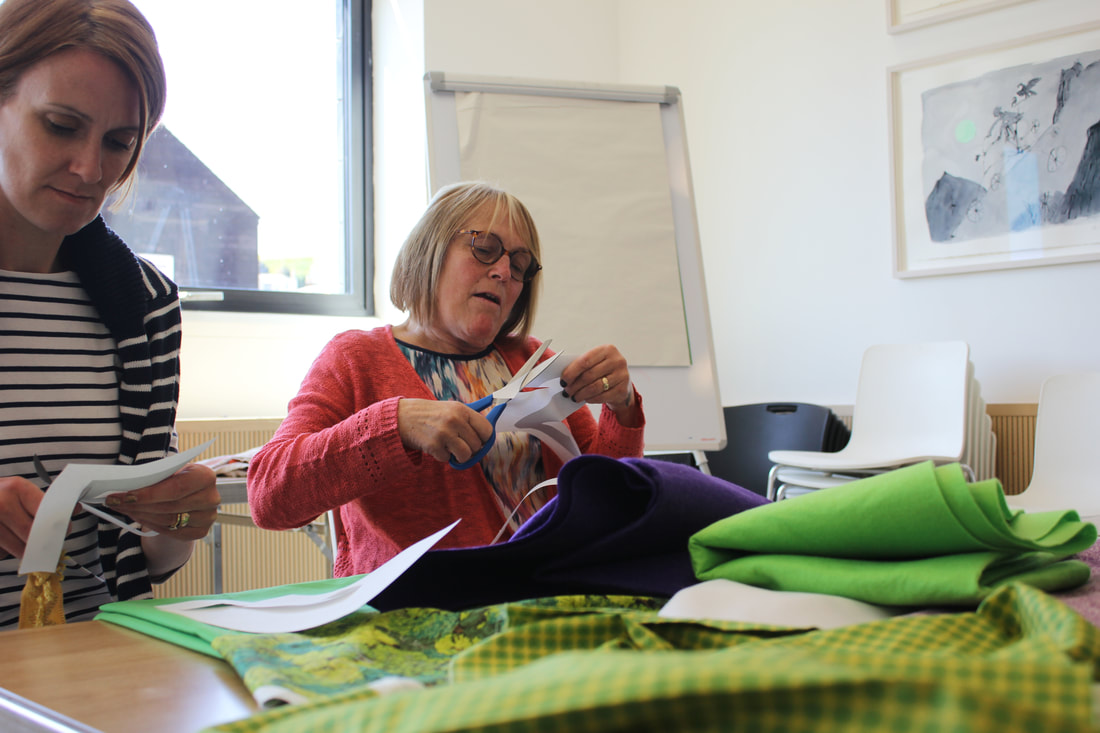
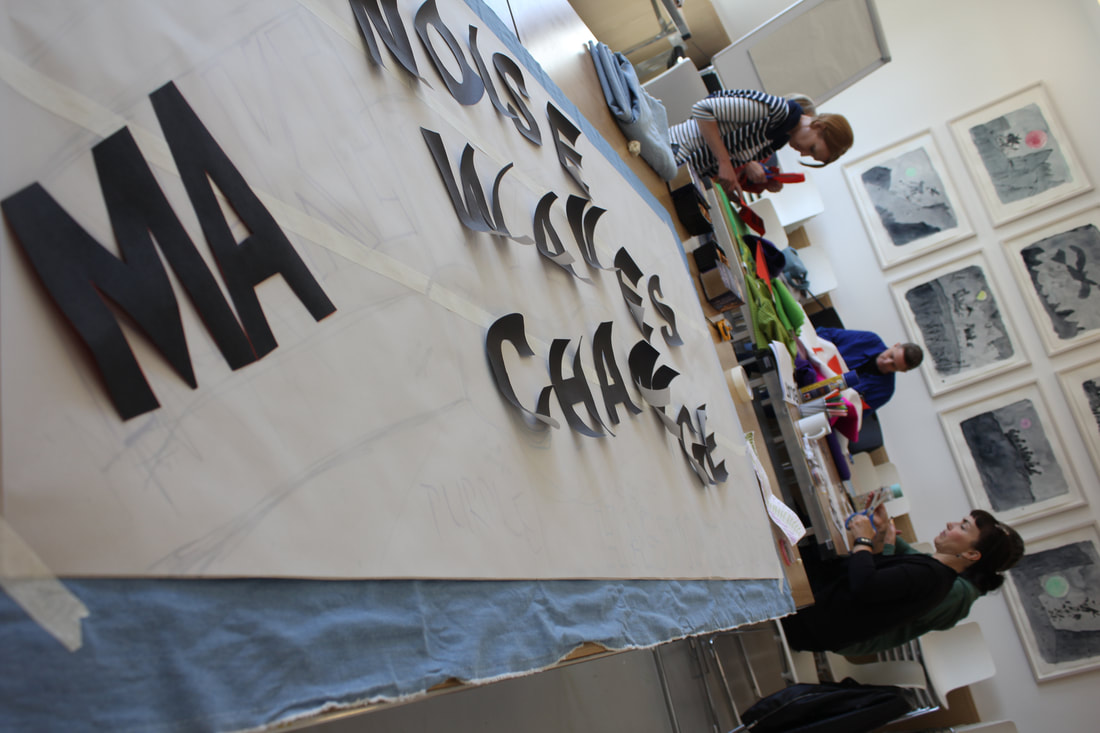
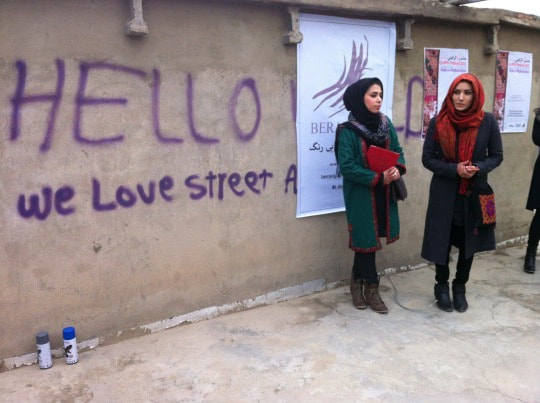
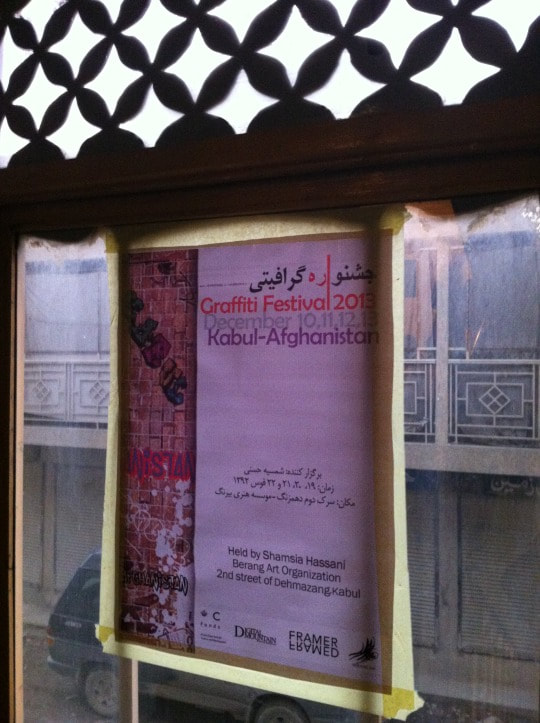
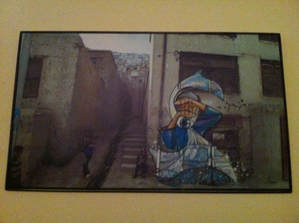
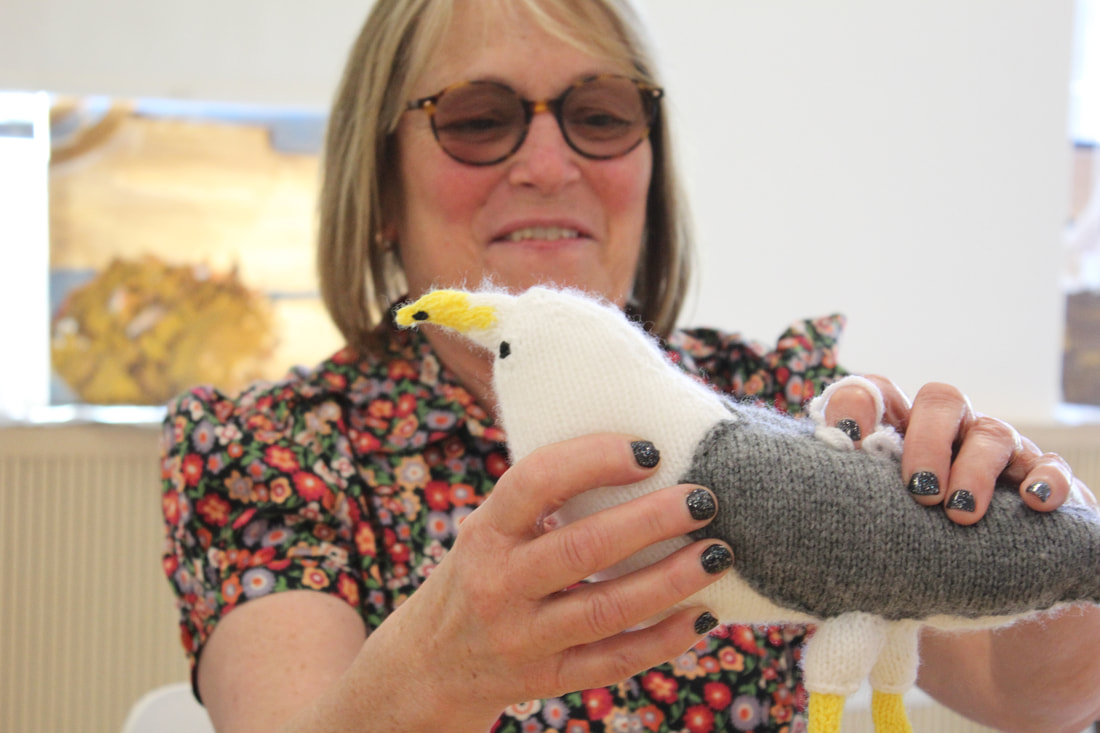
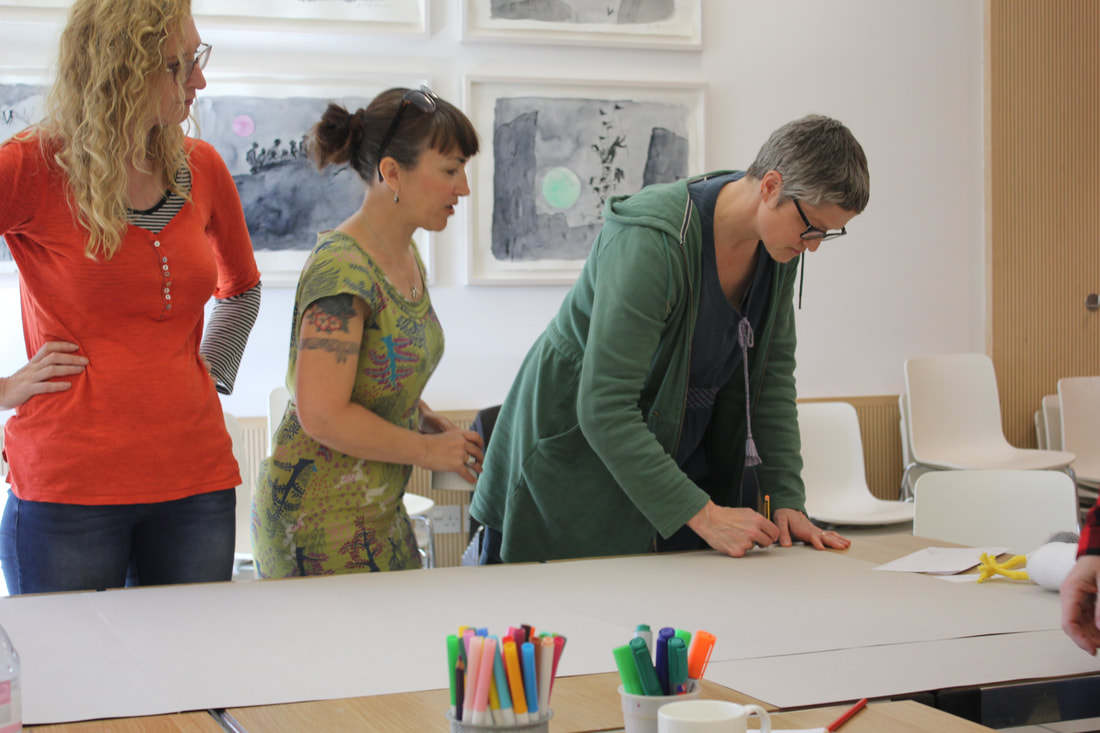
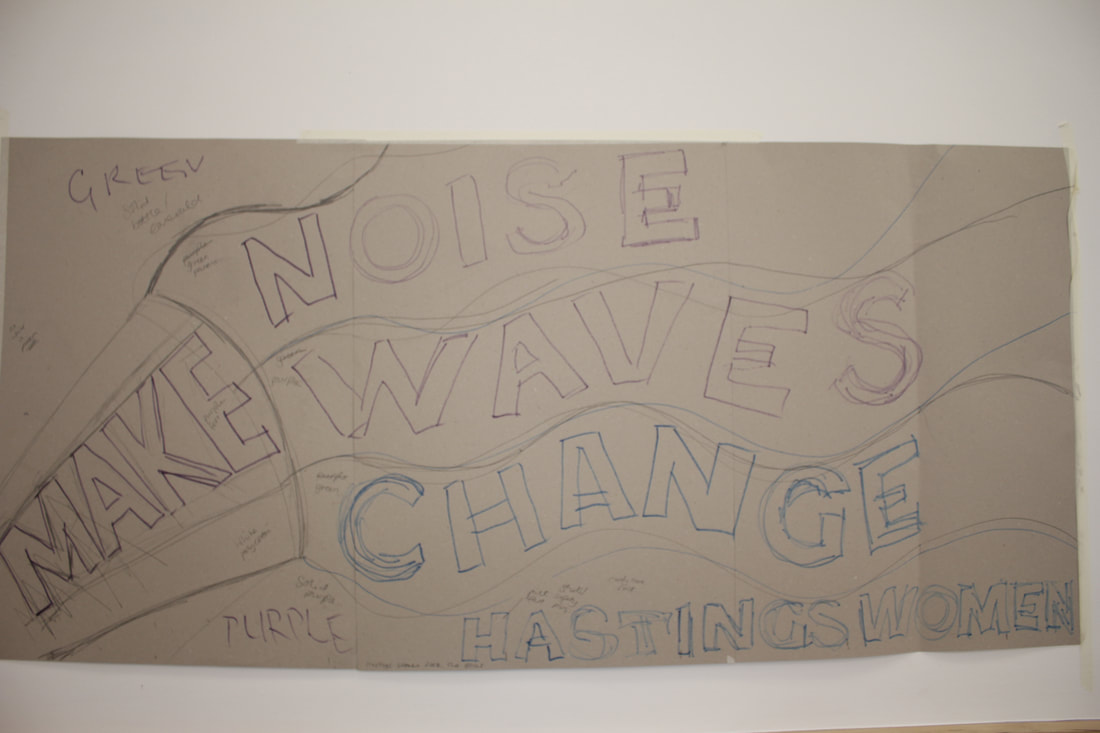
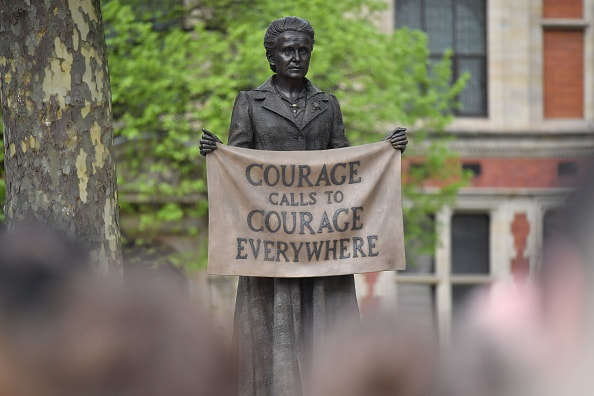
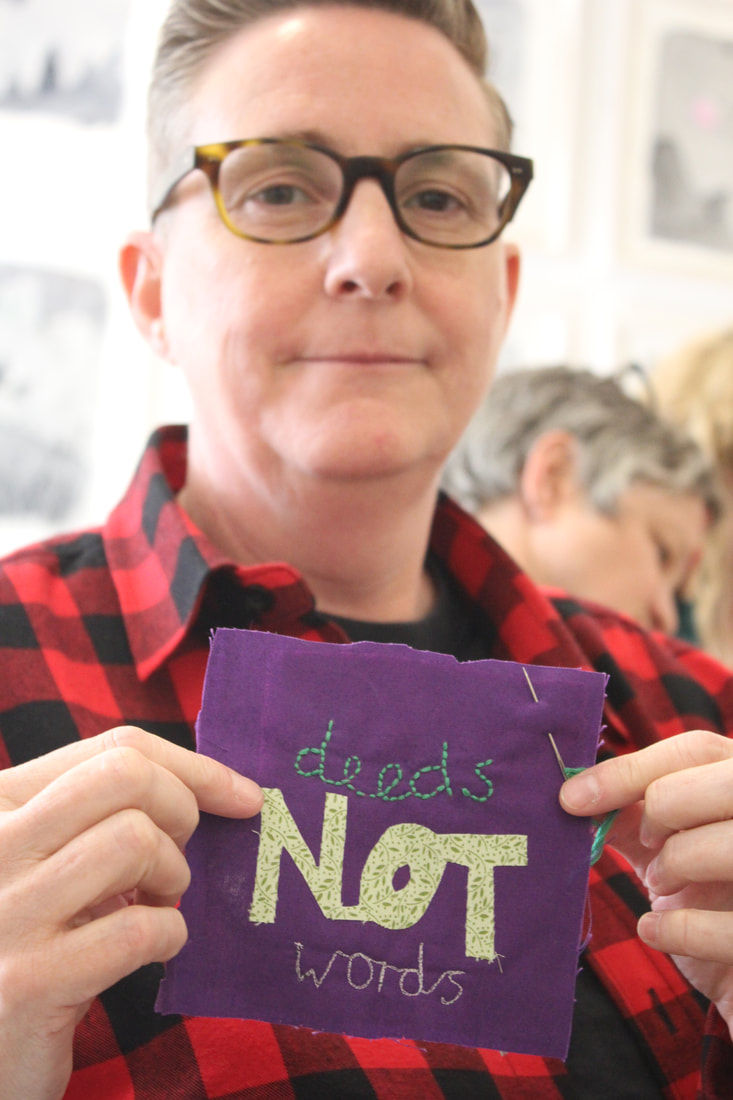
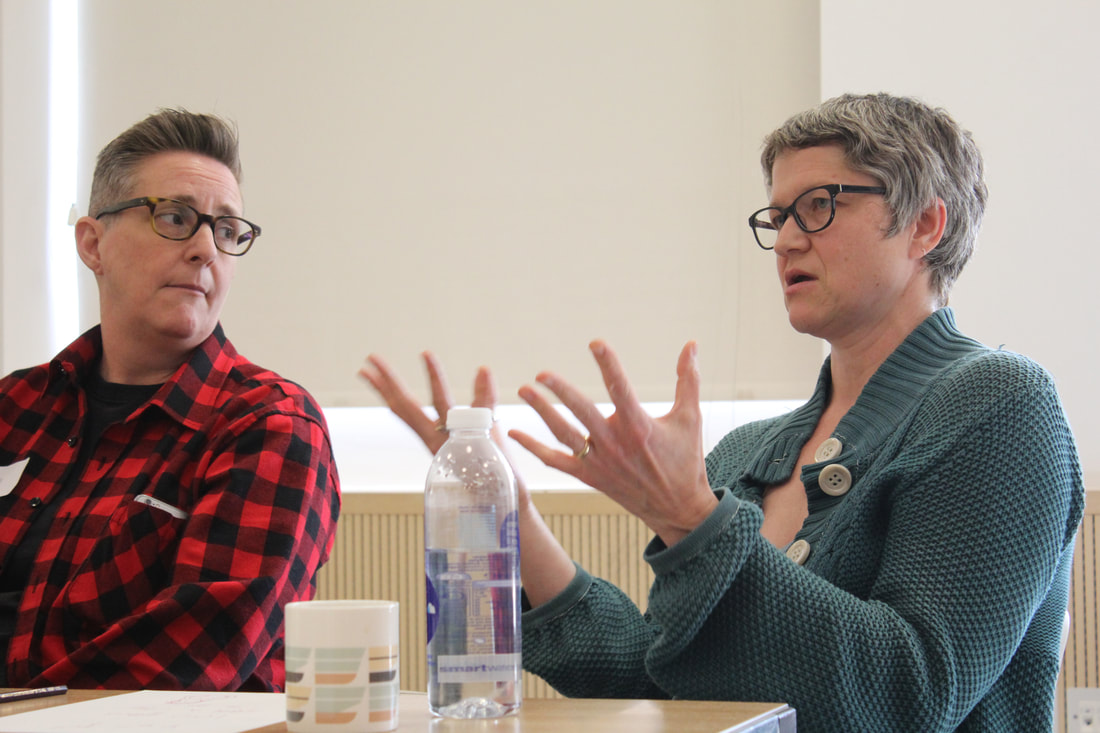
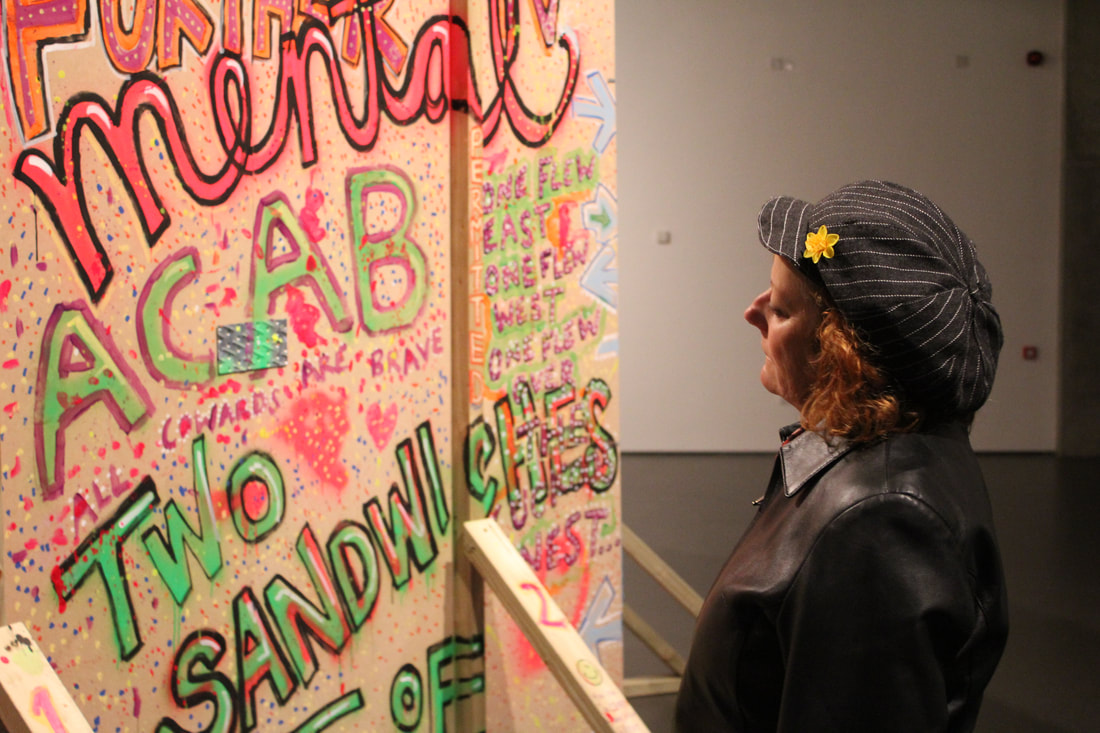
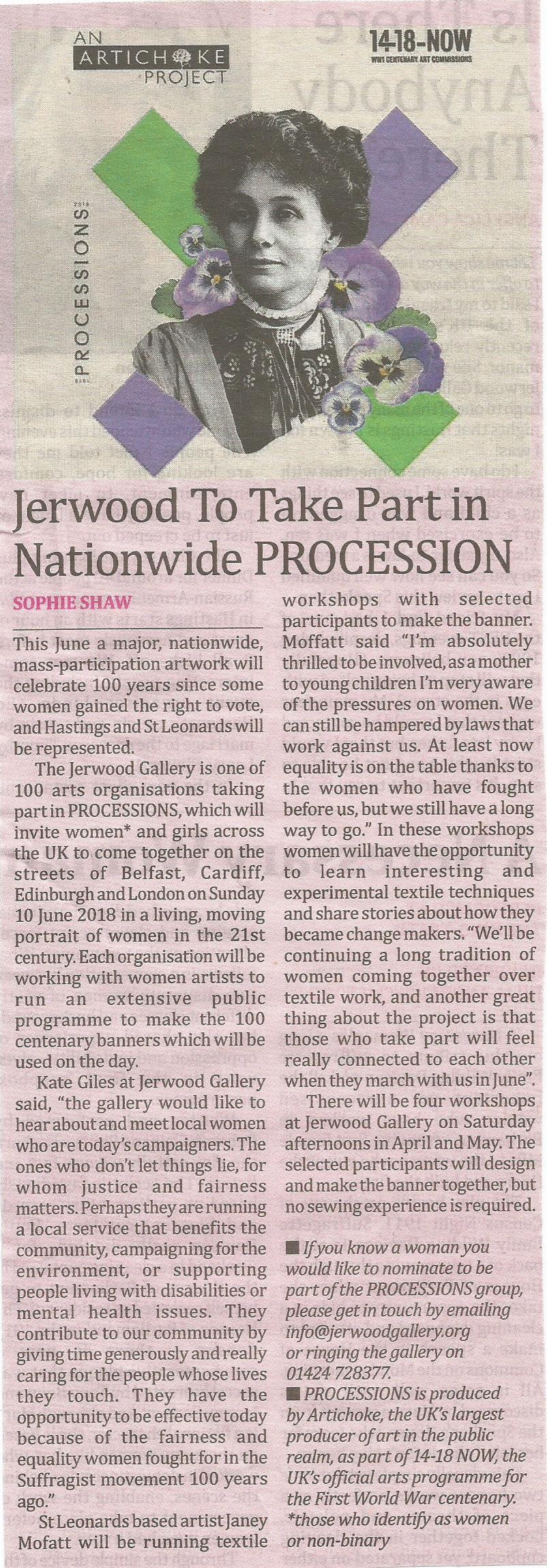
 RSS Feed
RSS Feed